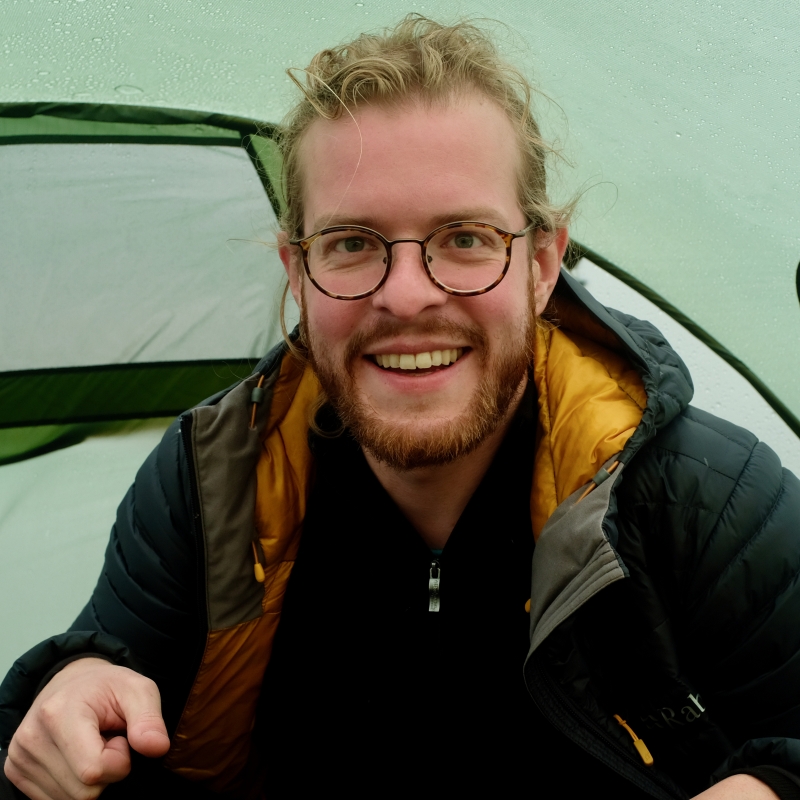ZTF Faces
This section features PhD students, postdocs and young faculty who are part of the global ZTF collaboration.
Simeon Reusch
PhD student at DESY, Germany
Where was your starting point and how did you discover astronomy?
I come from the south of Germany (Swabia), and I am doing my PhD at DESY, a research center near Berlin. After a BA in philosophy and political science, I decided to do one more round of studies, this time with more numbers involved. I freshened up my high-school math, enrolled in the physics program at Humboldt-University Berlin and never left because I really liked it.
Honestly, I discovered astronomy by chance. I was looking for BA topics, and ended up conducting a study where I stacked galaxy images. So, sadly no “it was a lifelong dream” from my side. But I really enjoy it. The combination of us being confined to a status of mere observers, the data reduction (looking at you, spectroscopy) and the coding aspects ticks just the right boxes for me.
What are you playing with in the ZTF playground?
As DESY also plays an important role in IceCube, I am contributing to the high-energy neutrino follow-up program. IceCube is a neutrino observatory at the South Pole. Whenever it detects a high-energy neutrino that passes our criteria, we observe the region with ZTF to look for promising counterpart candidates (e.g. flares in active galactic nuclei, tidal disruption events or interacting supernovae).
Our group has now discovered two tidal disruption events in coincidence with such high-energy neutrinos. The second and most recent source AT2019fdr is described in my paper. In those events stars pass too close to supermassive black holes and get torn apart by gravitational forces, which creates an environment for the production of high-energy neutrinos.
Where do you want to steer your rocket in the future?
I would really like to stay in the time-domain field, as there is so much stuff to do and things to find out. The search for neutrino counterparts will keep us busy, the gravitational wave detectors will come back online, and let's not forget Rubin Observatory and ULTRASAT.
If you were not an astronomer, what would you be?
Hopefully not working for a soulless multinational corporation collecting all our private data and/or destroying the environment.
A book that shook your worldview?
I loved Infinite Jest by David Foster Wallace. It’s such a great book — partly insightful, partly deeply sad, partly just hilarious. There is a section where they play “global thermonuclear war” on tennis courts on which they have marked the outlines of the world with T-shirts. Suddenly it starts snowing and the whole setting dissolves into a huge argument on whether the snow is part of the game and should therefore be included in the calculations determining the fallout. It’s just great.
If you’ve had a bad day at work, you will….
Do one of these: bike, play X-Plane 11, go to the pub or watch Netflix.
